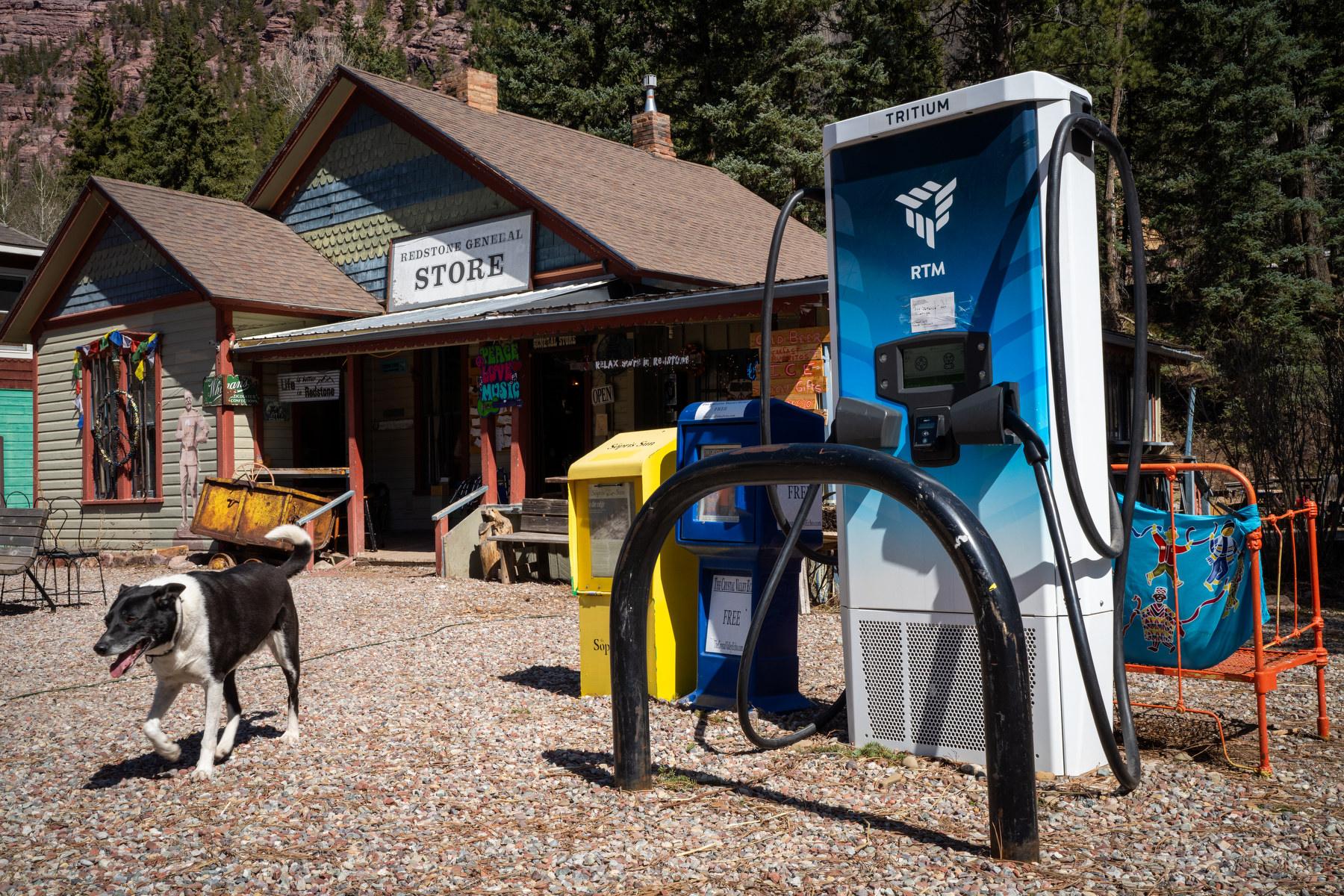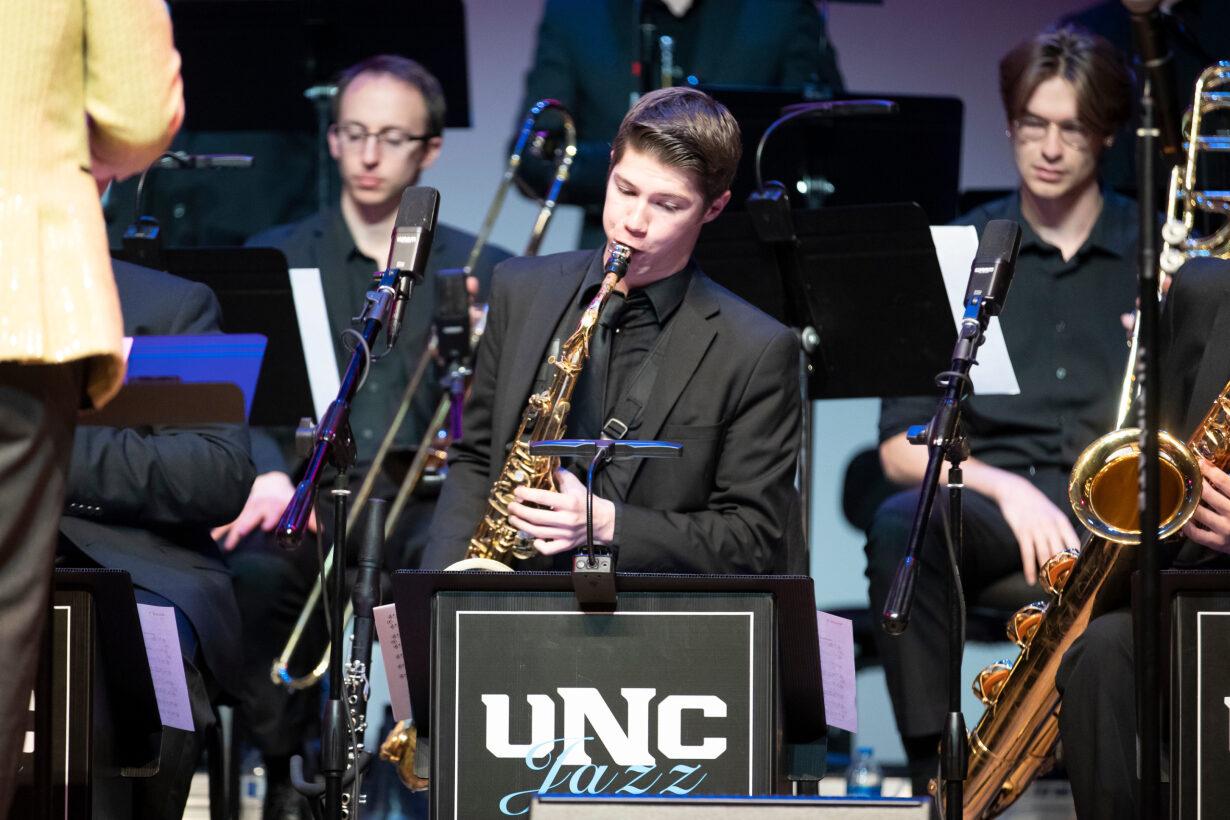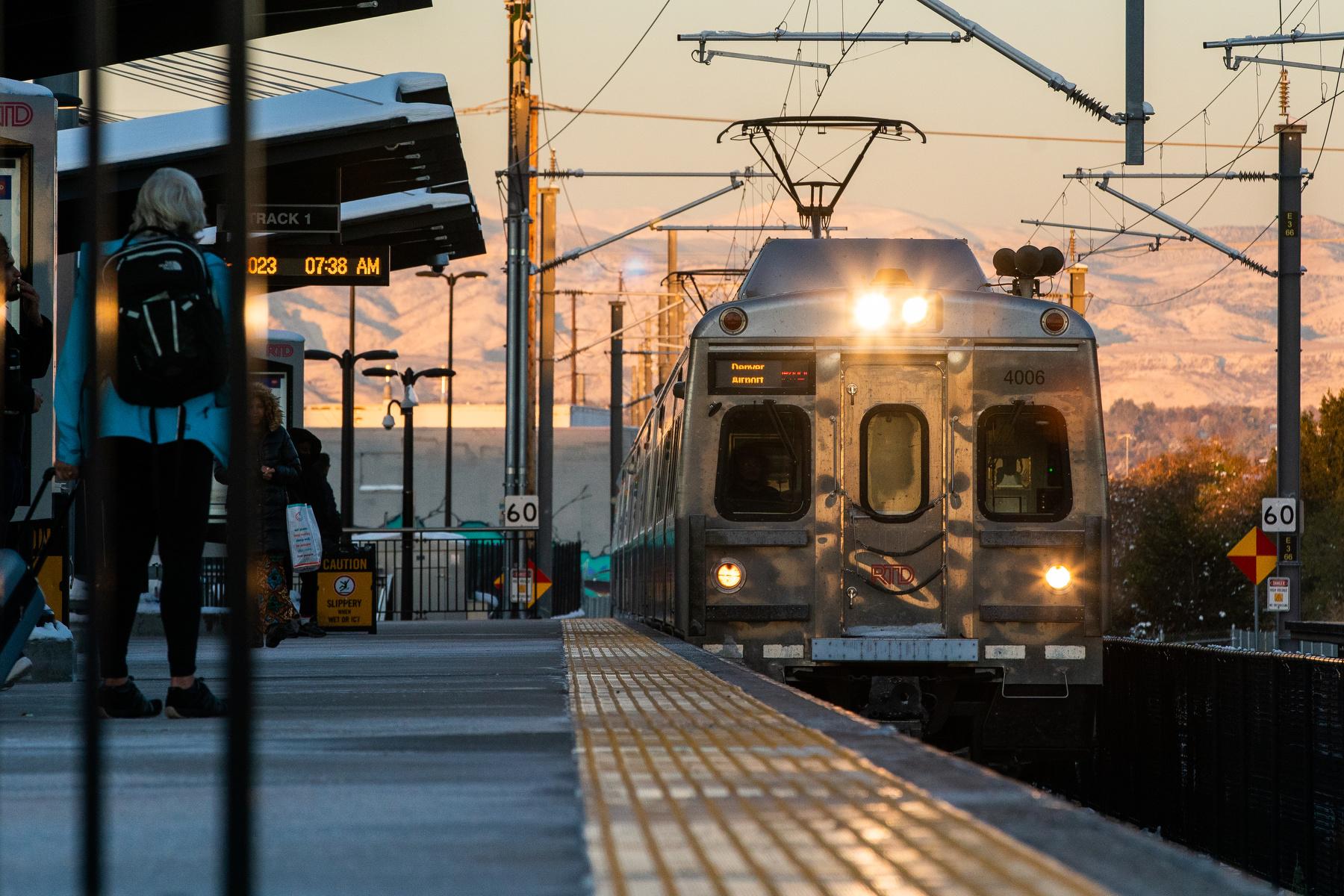
 It was a long weekend for Coloradans who work for, or do business with, the federal government. Lawmakers voted to shut the government down on Friday night, although by Monday they appeared to be nearing a deal to reopen it and extend funding through February 8.
It was a long weekend for Coloradans who work for, or do business with, the federal government. Lawmakers voted to shut the government down on Friday night, although by Monday they appeared to be nearing a deal to reopen it and extend funding through February 8.
We asked you to email us at [email protected] about how the shutdown might affect you or how you weathered past shutdowns. Some of your responses are below. Click on the audio link to hear the voices of some of those to whom we reached out..
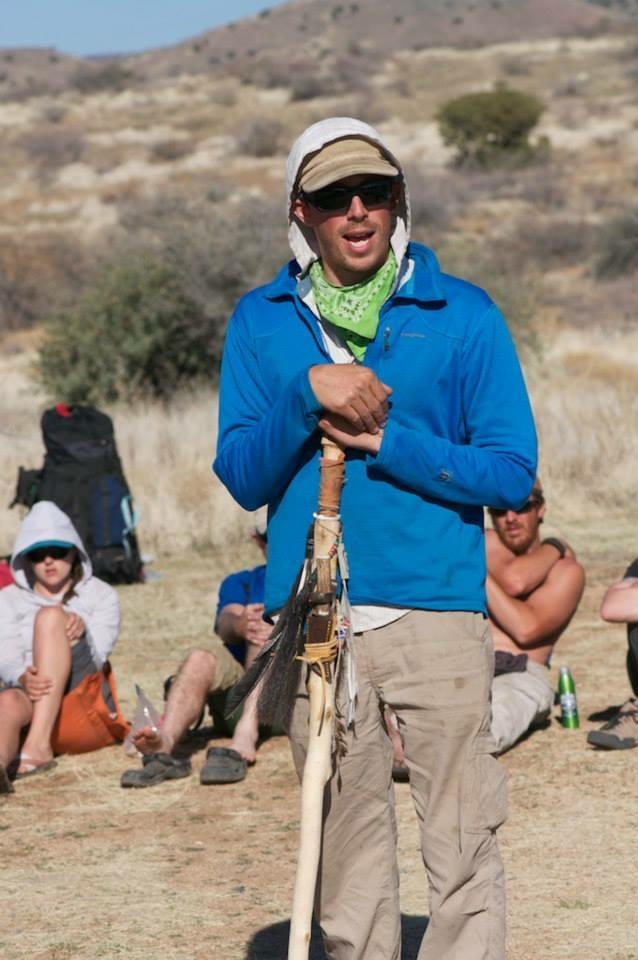
Steven Porentas, a teacher, was planning on taking a group of seniors from Bear Creek High School in Lakewood on a series of trips this week. The field trips are now on hold and may be canceled altogether:
"We are scheduled to visit the National Ice Core Laboratory, the USGS hydraulics laboratory, and NOAA labs in Boulder," he said. "If the shutdown happens all of these field trips will be canceled. Also at risk is our two-week backpacking trip to the Tonto National Forest in Arizona, and our one-week whitewater rafting trip down the Green River in Utah."
Scott Marcotte, of Lakewood, is in food service at Denver Federal Center. He helps feed the 6,000 or so people who work there.. A government shutdown means most of those employees don't go to work, so he'll feel the impact.
"Basically they put us out of business," he said. "It doesn't just affect me -- I have 13 employees that work for us as well that are gonna be out of work, and I run the risk of losing all my staff, because they can't sit around and wait for weeks on end without a paycheck."
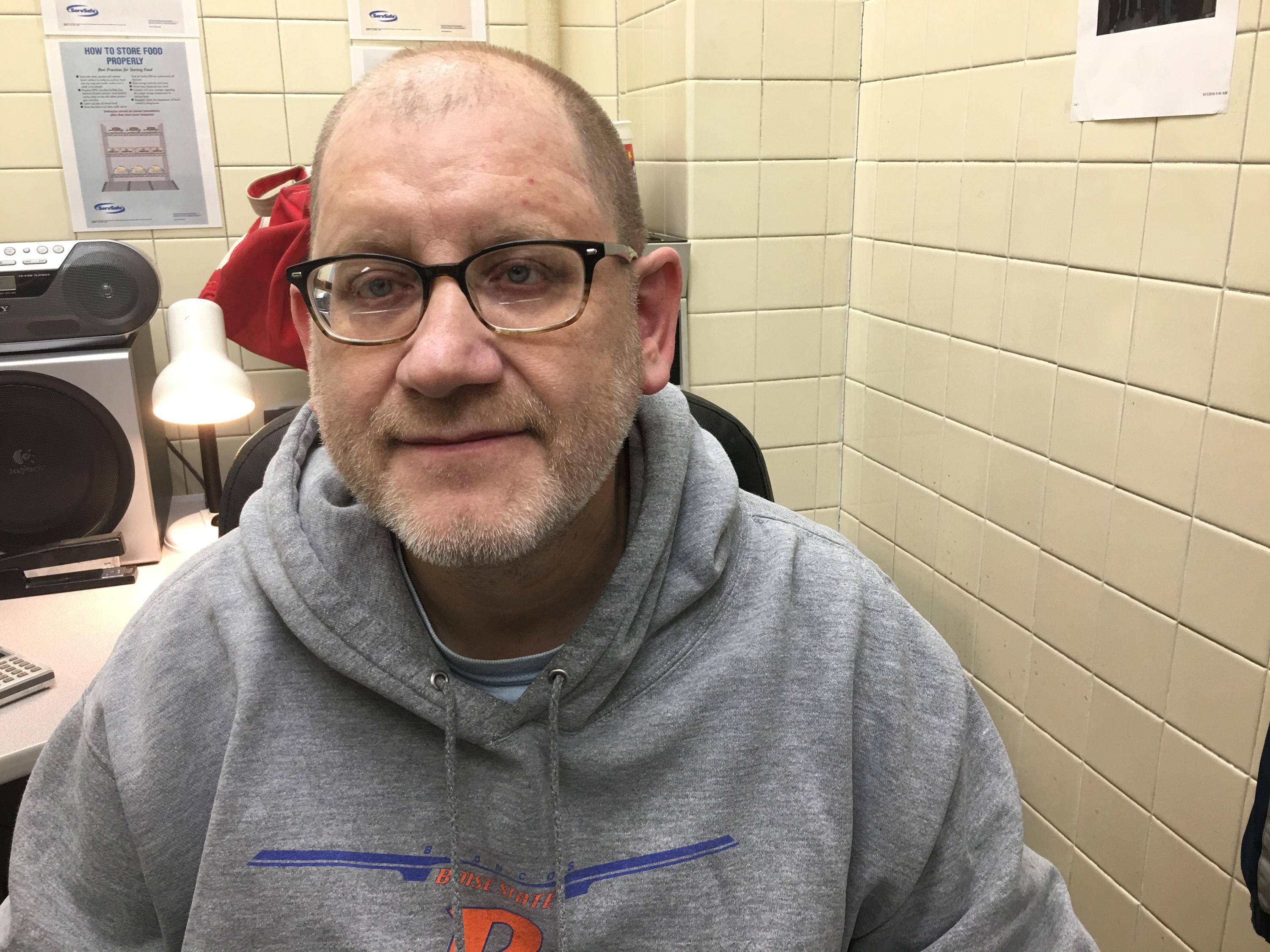
Deena Larsen, of Denver, who's a technical writer with the Bureau of Reclamation, made it clear she's not speaking in an official capacity. She said she’s weathered many shutdowns:
"On a personal note, our work is disrupted for basically about a year afterwards as schedules are missed, reports delayed, etc," she said. "We have very narrow windows for construction, mostly between December to February as we fix our canals and infrastructure before the irrigation and water seasons. Miss all of the hoops needed to construct, and your canal may not function or may pose a safety threat."
"More than that, the past six years without a budget have wreaked havoc on our planners and our employees --we waste about half the time figuring out how to dole out the tiny amount of money we get. Imagine if your monthly budget were doled out a few dollars and a few days at a time -- do you pay two days of rent? It takes the same amount of paperwork to pay that two days of rent, so really you are doing about 15 times the paperwork."
Michael Noonan said he’s a physician at a community health center in the Denver metro area that serves homeless, uninsured and undocumented patients, as well as a “huge number” of Medicaid patients:
"We have been very careful, because our administrators know that there is high likelihood that we could lose federal funding in a variety of ways at almost any time. We will be able to weather months of a government shutdown, we would shrink our services, lay people off, and keep going in hopes of reopening when things improve," he said. "I keep a separate savings account for this contingency because I know that this is a real possibility, and I want to be able to work for free for a few months so I can help the health center going. I know I am very lucky to have earned the wages of a physician that allow me to make that plan."
Abigail Sanford of Colorado works remotely for the VA in the Veterans Experience Office:
“I’m working on Monday, no matter what. The VA has reserves which it is using to stay open. The Veterans Health Administration is actually fully funded through the end of fiscal '18 as part of a separate spending bill that already passed Congress, so all the hospitals and medical centers are open,” she said in an email.
"Interestingly, during the shutdown in 2013 I worked for U.S. Citizenship and Immigration Services, an agency of DHS that processes immigrant applications and petitions. That agency is funded by application fees and is immune from the appropriations bills (like the Post Office and Patent and Trademark Office). So, I’m bizarre. I’m a non-essential federal employee who will have worked every day through two shutdowns."
Chris DeWitt emailed in to say, "My #Shutdown story is aligned to my Colorado story-- I moved to Denver from Washington in October 2013. My road trip across the country took me through St. Louis, & I was very much looking forward to taking a trip to the top of the Arch during a brief stopover. When I made it to the Arch, I saw I sign taped to the door-- "Closed Due to the Shutdown." I left DC, but DC politics followed me every step of the way."

